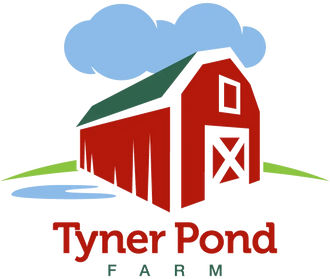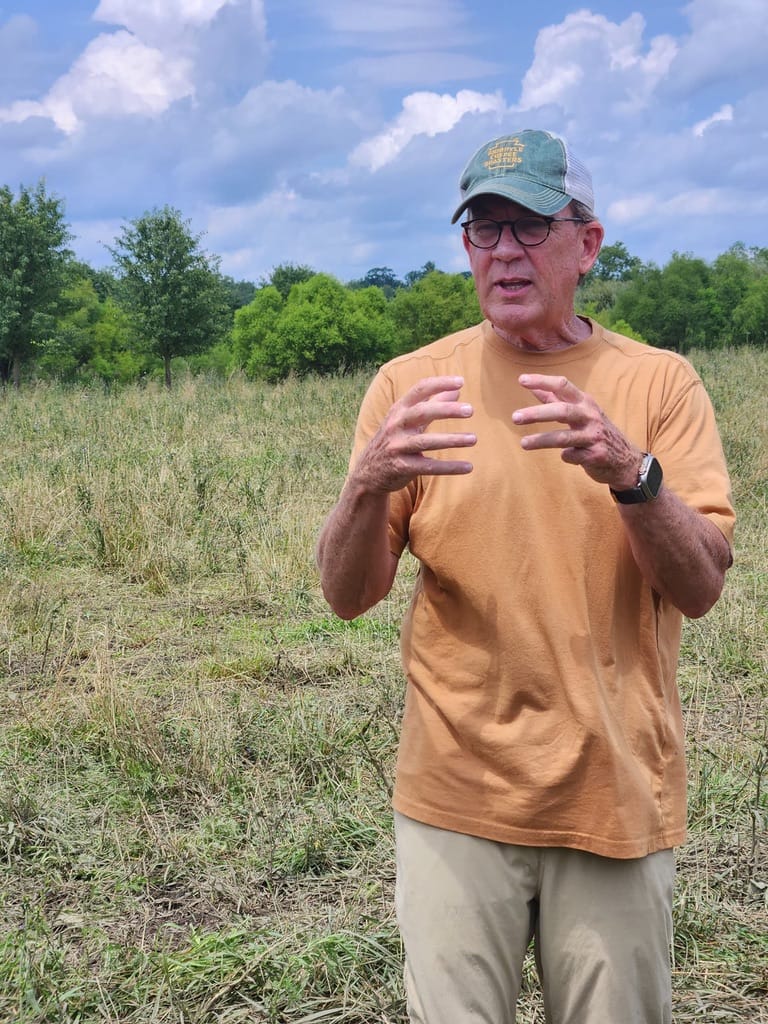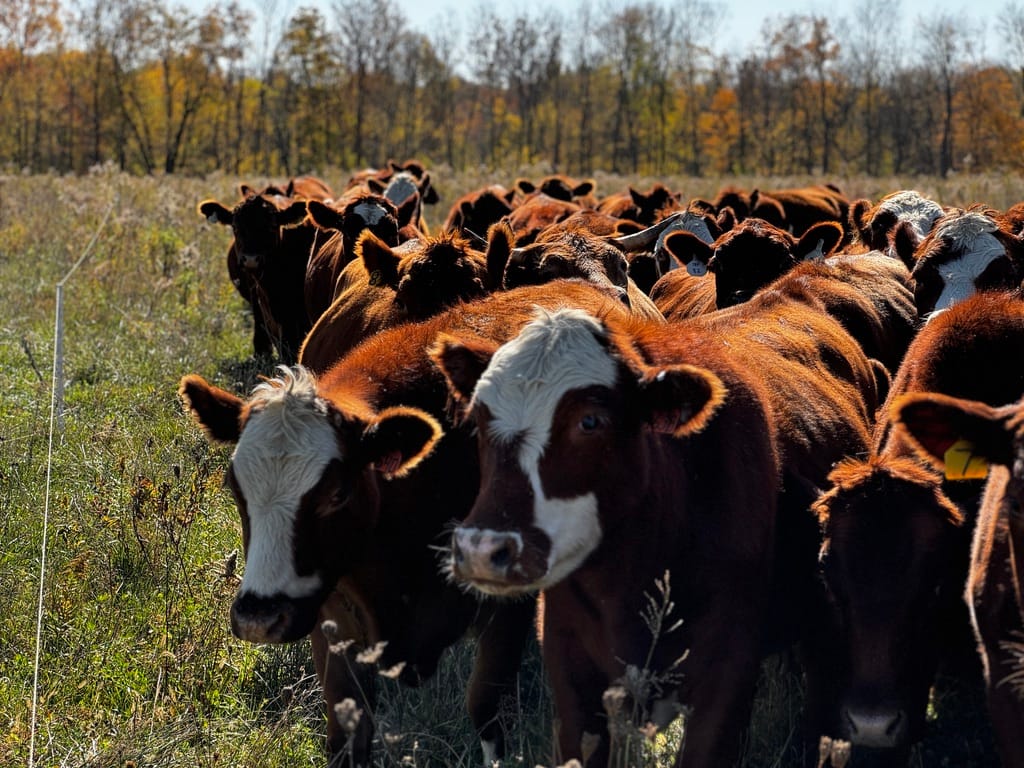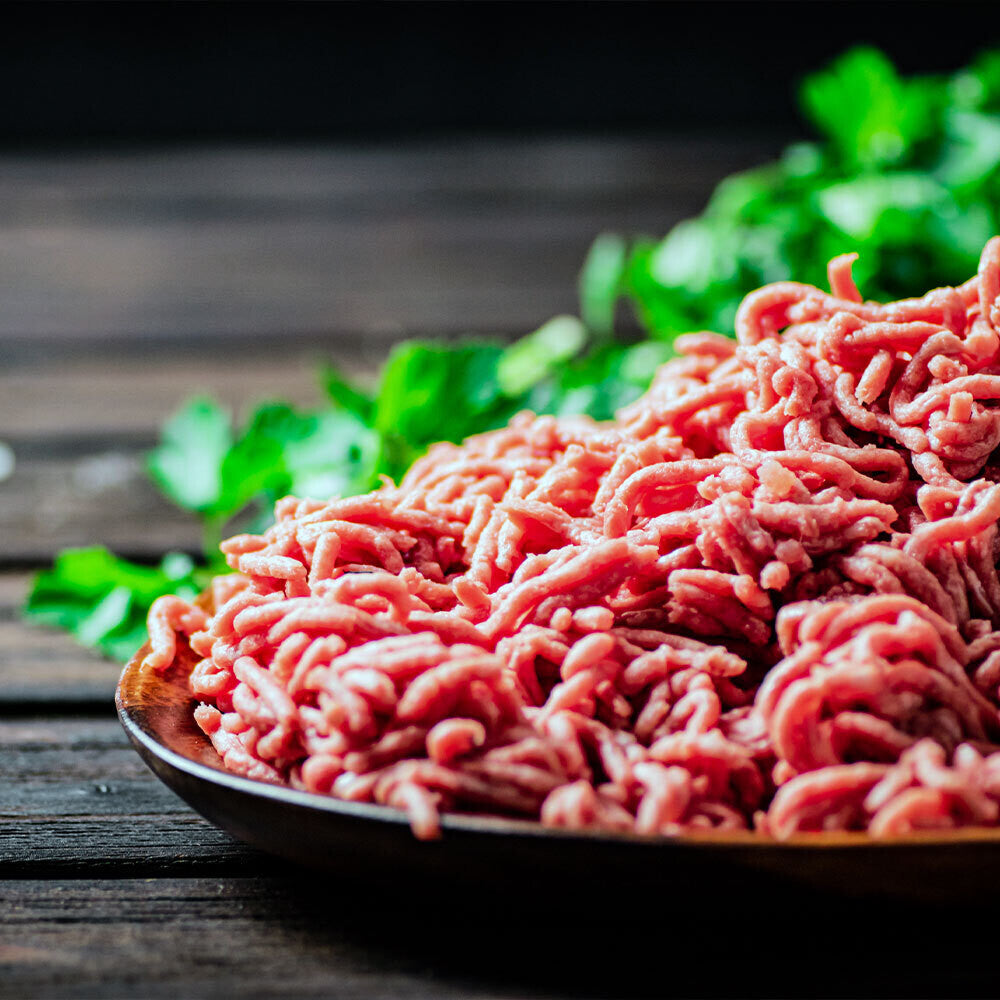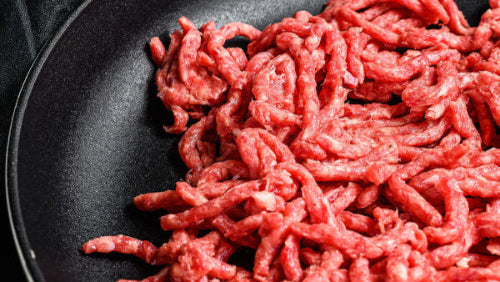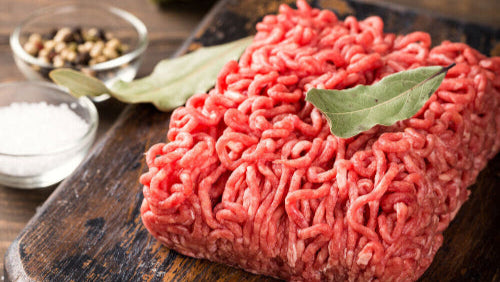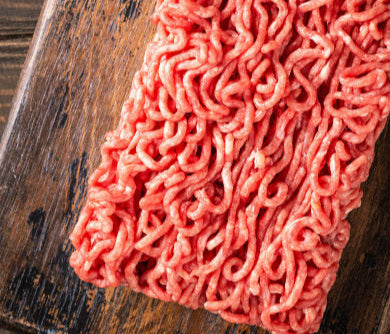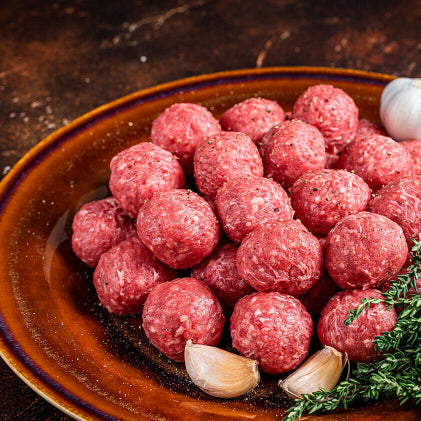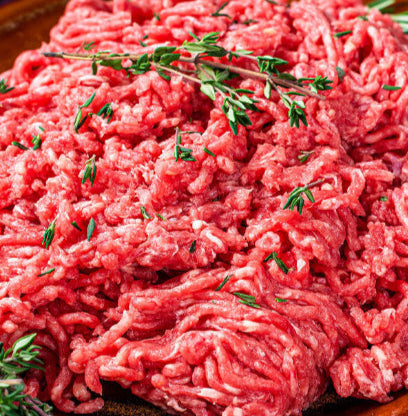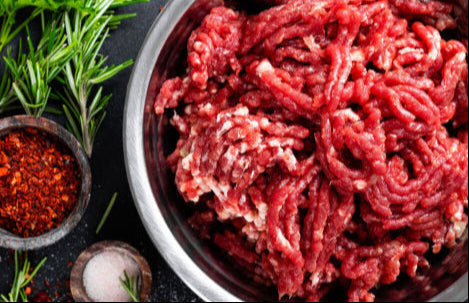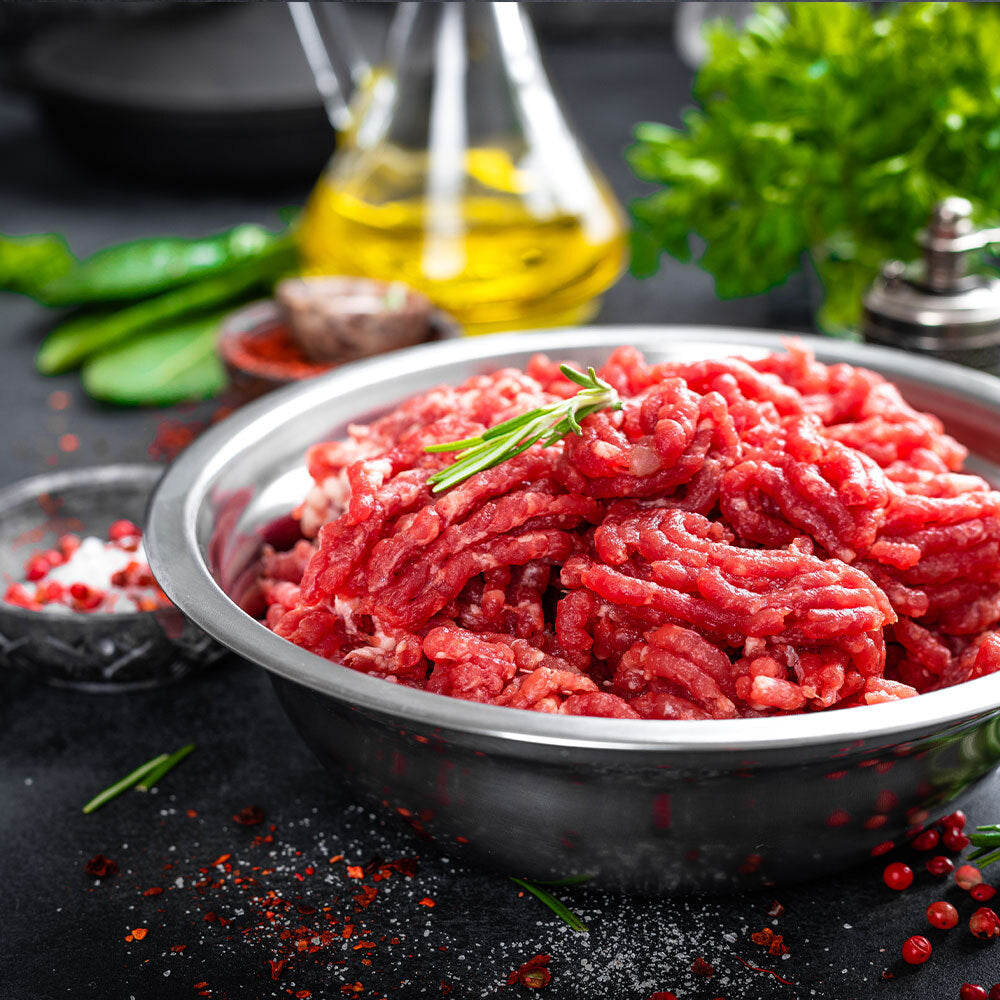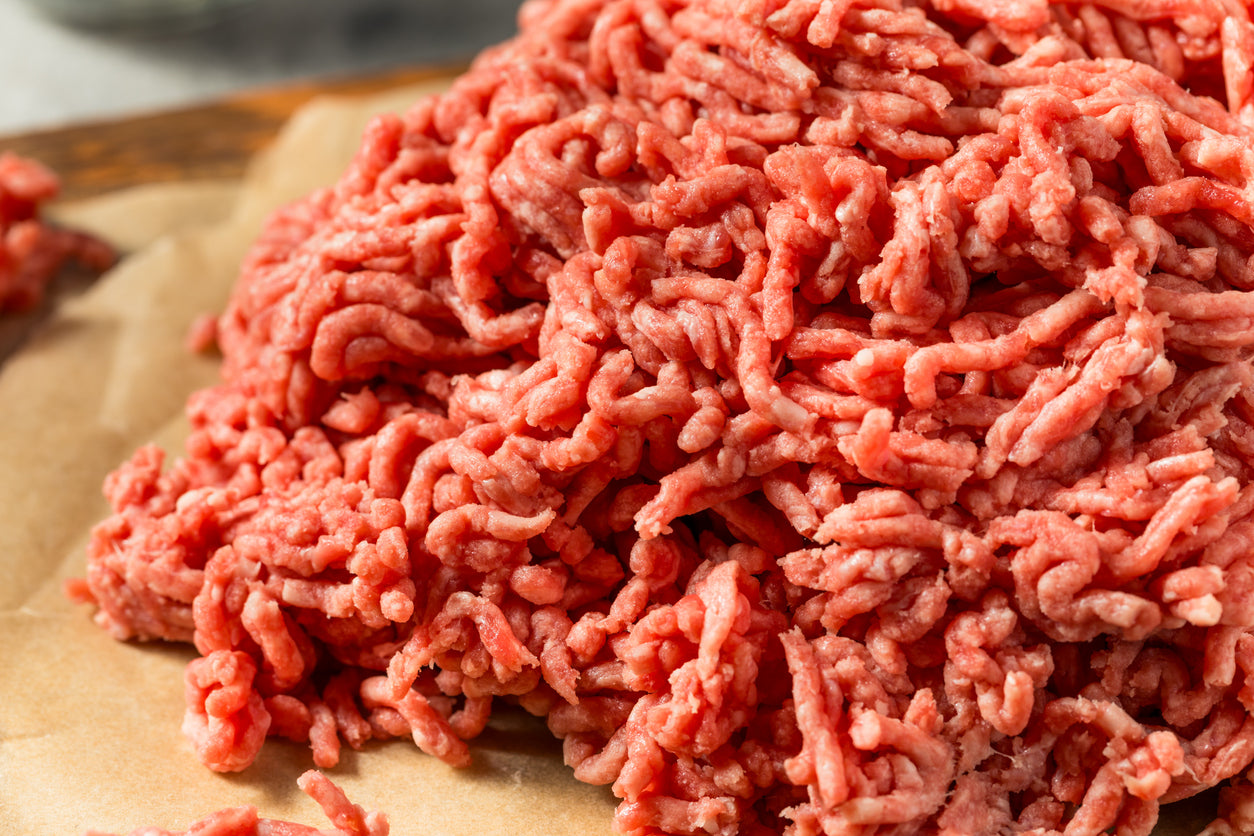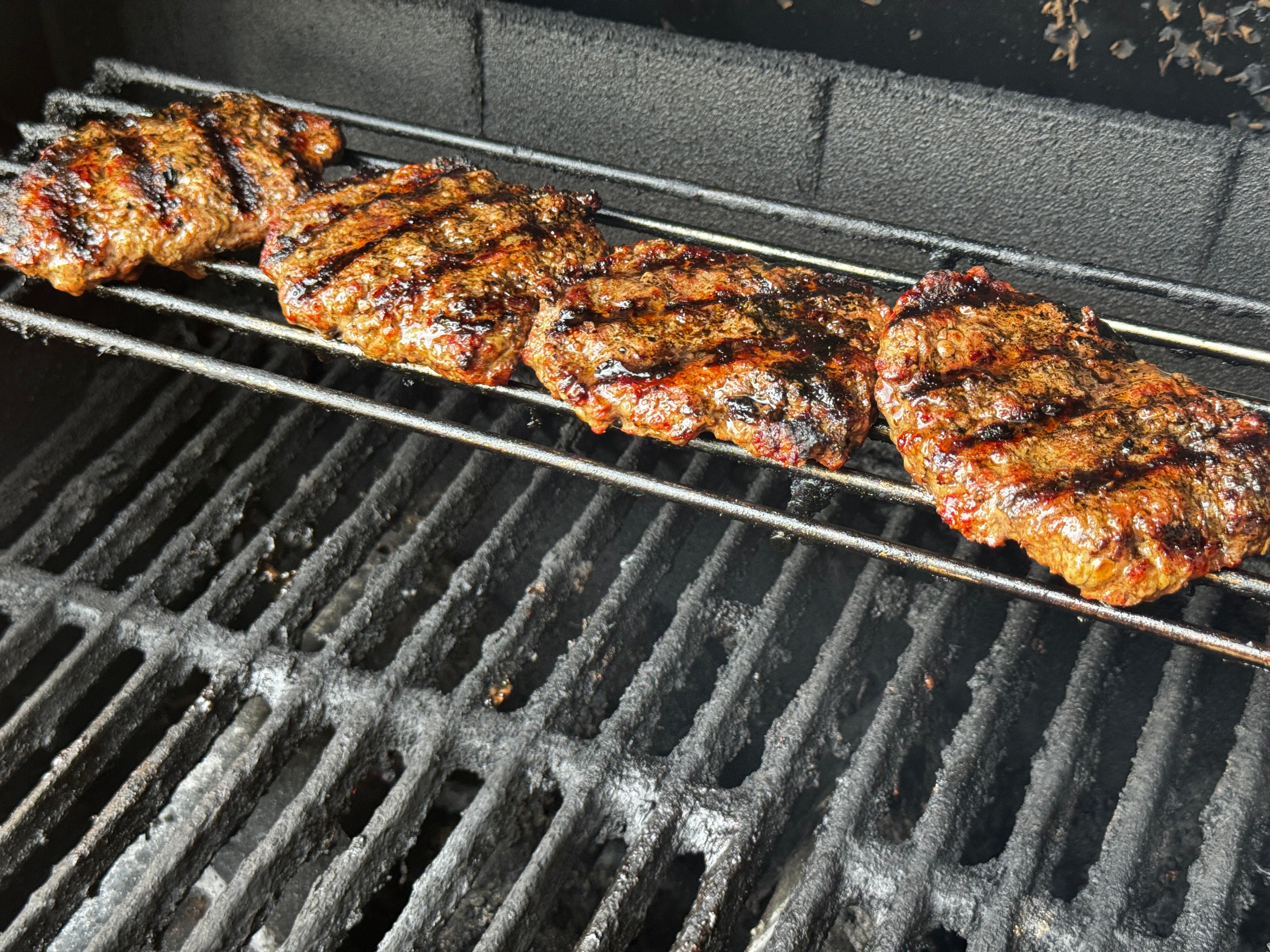
Holistic Farming at Tyner Pond Farm: A Community-Centered Approach with Global Relevance
At Tyner Pond Farm, we frequently hear the assertion, "Your farming methods will never feed the world." While we respect all farmers, this skepticism often arises from individuals accustomed to the practices of large, globalized food companies. However, we firmly believe that our localized, sustainable farming methods have the potential to not only nourish our immediate community, but also contribute to a broader solution for global food systems.
Two significant figures in sustainable agriculture, Joel Salatin and Allan Savory, profoundly influence our practices.
 Joel Salatin and Farmer Amy at Tyner Pond Farm
Joel Salatin, a pioneering farmer based in Virginia, USA, advocates for farming methods that align with nature's cycles. His practices, such as rotational grazing and pasture-raised poultry, improve soil health, enhance animal welfare, and yield high-quality food. Salatin's emphasis on local food systems underscores the economic, social, and environmental benefits of supporting local farmers practicing sustainable agriculture.
Joel Salatin and Farmer Amy at Tyner Pond Farm
Joel Salatin, a pioneering farmer based in Virginia, USA, advocates for farming methods that align with nature's cycles. His practices, such as rotational grazing and pasture-raised poultry, improve soil health, enhance animal welfare, and yield high-quality food. Salatin's emphasis on local food systems underscores the economic, social, and environmental benefits of supporting local farmers practicing sustainable agriculture.
 Allan Savory discussing Holistic Management with Amy Baggott
Allan Savory, a Zimbabwean ecologist, has contributed significantly to holistic land management practices worldwide. His methods combat desertification and promote healthier ecosystems through improved grazing techniques. Savory's work demonstrates how enhanced land management can lead to more productive and sustainable food systems, contributing to global food security.
Here at Tyner Pond Farm, we incorporate insights from both Salatin and Savory into our approach. Like Salatin, we are committed to sustainable, local food systems. In line with Savory, we understand the importance of holistic land management for the health of our landscapes and ecosystems.
Allan Savory discussing Holistic Management with Amy Baggott
Allan Savory, a Zimbabwean ecologist, has contributed significantly to holistic land management practices worldwide. His methods combat desertification and promote healthier ecosystems through improved grazing techniques. Savory's work demonstrates how enhanced land management can lead to more productive and sustainable food systems, contributing to global food security.
Here at Tyner Pond Farm, we incorporate insights from both Salatin and Savory into our approach. Like Salatin, we are committed to sustainable, local food systems. In line with Savory, we understand the importance of holistic land management for the health of our landscapes and ecosystems.
 Grass Fed Beef Grazing near Indianapolis, IN
Our farm's commitment is feeding our immediate community first. Consider that Indiana consumes $8.8 billion worth of meat annually, with an astonishing 97% of that being imported from other states and countries. It's clear there's both a need and an opportunity for more locally raised, sustainably produced meat.
For those who think that sustainable/regenerative farming can't feed the world, we offer a counter-narrative. We believe that by focusing on feeding our local community, we are, in fact, part of a global solution. This model, built on the principles of local production and sustainable practices, can be replicated in communities worldwide.
Our vision goes beyond mere food production. Regenerative agriculture is also about nurturing healthier environments, building stronger communities, and promoting a more equitable food future. Every day at Tyner Pond Farm, we demonstrate how sustainable practices can lead to abundant yields without compromising the health of our land or communities. We invite you to join us on this journey, one pasture at a time.
Grass Fed Beef Grazing near Indianapolis, IN
Our farm's commitment is feeding our immediate community first. Consider that Indiana consumes $8.8 billion worth of meat annually, with an astonishing 97% of that being imported from other states and countries. It's clear there's both a need and an opportunity for more locally raised, sustainably produced meat.
For those who think that sustainable/regenerative farming can't feed the world, we offer a counter-narrative. We believe that by focusing on feeding our local community, we are, in fact, part of a global solution. This model, built on the principles of local production and sustainable practices, can be replicated in communities worldwide.
Our vision goes beyond mere food production. Regenerative agriculture is also about nurturing healthier environments, building stronger communities, and promoting a more equitable food future. Every day at Tyner Pond Farm, we demonstrate how sustainable practices can lead to abundant yields without compromising the health of our land or communities. We invite you to join us on this journey, one pasture at a time.
 Joel Salatin and Farmer Amy at Tyner Pond Farm
Joel Salatin, a pioneering farmer based in Virginia, USA, advocates for farming methods that align with nature's cycles. His practices, such as rotational grazing and pasture-raised poultry, improve soil health, enhance animal welfare, and yield high-quality food. Salatin's emphasis on local food systems underscores the economic, social, and environmental benefits of supporting local farmers practicing sustainable agriculture.
Joel Salatin and Farmer Amy at Tyner Pond Farm
Joel Salatin, a pioneering farmer based in Virginia, USA, advocates for farming methods that align with nature's cycles. His practices, such as rotational grazing and pasture-raised poultry, improve soil health, enhance animal welfare, and yield high-quality food. Salatin's emphasis on local food systems underscores the economic, social, and environmental benefits of supporting local farmers practicing sustainable agriculture.
 Allan Savory discussing Holistic Management with Amy Baggott
Allan Savory, a Zimbabwean ecologist, has contributed significantly to holistic land management practices worldwide. His methods combat desertification and promote healthier ecosystems through improved grazing techniques. Savory's work demonstrates how enhanced land management can lead to more productive and sustainable food systems, contributing to global food security.
Here at Tyner Pond Farm, we incorporate insights from both Salatin and Savory into our approach. Like Salatin, we are committed to sustainable, local food systems. In line with Savory, we understand the importance of holistic land management for the health of our landscapes and ecosystems.
Allan Savory discussing Holistic Management with Amy Baggott
Allan Savory, a Zimbabwean ecologist, has contributed significantly to holistic land management practices worldwide. His methods combat desertification and promote healthier ecosystems through improved grazing techniques. Savory's work demonstrates how enhanced land management can lead to more productive and sustainable food systems, contributing to global food security.
Here at Tyner Pond Farm, we incorporate insights from both Salatin and Savory into our approach. Like Salatin, we are committed to sustainable, local food systems. In line with Savory, we understand the importance of holistic land management for the health of our landscapes and ecosystems.
 Grass Fed Beef Grazing near Indianapolis, IN
Our farm's commitment is feeding our immediate community first. Consider that Indiana consumes $8.8 billion worth of meat annually, with an astonishing 97% of that being imported from other states and countries. It's clear there's both a need and an opportunity for more locally raised, sustainably produced meat.
For those who think that sustainable/regenerative farming can't feed the world, we offer a counter-narrative. We believe that by focusing on feeding our local community, we are, in fact, part of a global solution. This model, built on the principles of local production and sustainable practices, can be replicated in communities worldwide.
Our vision goes beyond mere food production. Regenerative agriculture is also about nurturing healthier environments, building stronger communities, and promoting a more equitable food future. Every day at Tyner Pond Farm, we demonstrate how sustainable practices can lead to abundant yields without compromising the health of our land or communities. We invite you to join us on this journey, one pasture at a time.
Grass Fed Beef Grazing near Indianapolis, IN
Our farm's commitment is feeding our immediate community first. Consider that Indiana consumes $8.8 billion worth of meat annually, with an astonishing 97% of that being imported from other states and countries. It's clear there's both a need and an opportunity for more locally raised, sustainably produced meat.
For those who think that sustainable/regenerative farming can't feed the world, we offer a counter-narrative. We believe that by focusing on feeding our local community, we are, in fact, part of a global solution. This model, built on the principles of local production and sustainable practices, can be replicated in communities worldwide.
Our vision goes beyond mere food production. Regenerative agriculture is also about nurturing healthier environments, building stronger communities, and promoting a more equitable food future. Every day at Tyner Pond Farm, we demonstrate how sustainable practices can lead to abundant yields without compromising the health of our land or communities. We invite you to join us on this journey, one pasture at a time.
Tags:
Previous post
Tyner Pond Farm's Commitment to Sustainable Grass Fed Beef through Regenerative Riparian Management
Next post
